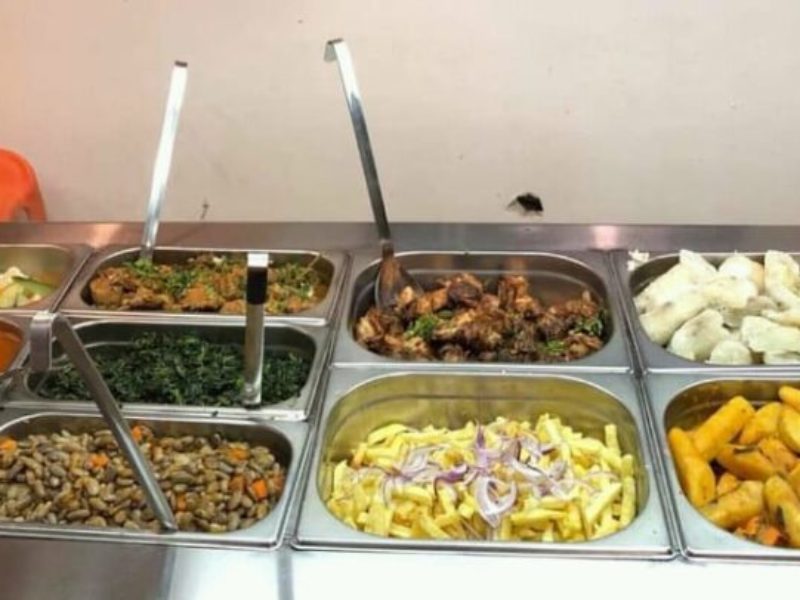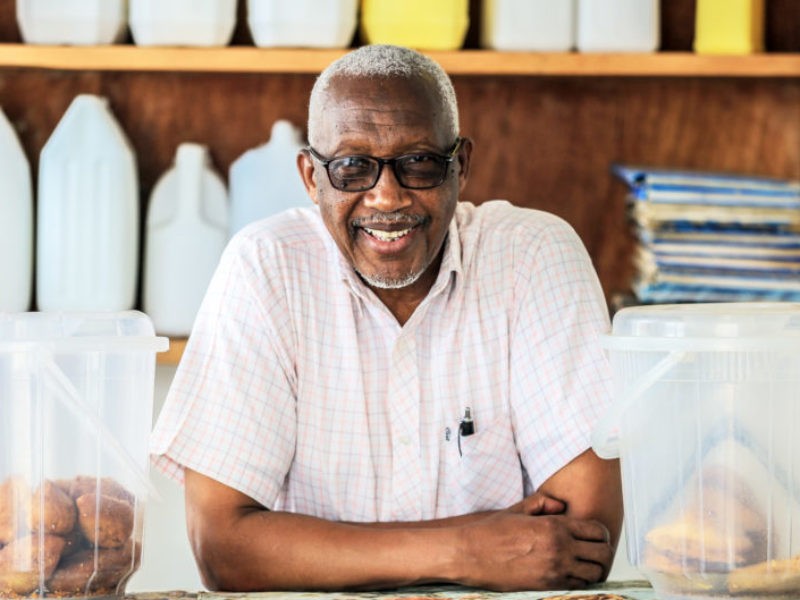“I bought a three-piece suite with my first payment and a new sideboard with the second. So now, every time I sit on my sofa or use my sideboard I think of my trees”, said Beatrice Ahsimbwe, a widowed school teacher from Bushenyi. She had been asked to tell her story to a group of international experts during a meeting on payments for ecosystem services. As a result, she was invited to a global meeting on climate change in Montreal, and Beatrice herself is now considered to be one of those experts.
Beatrice grows trees, but not just any old trees. She grows trees that earn her an income just by being there quietly absorbing carbon dioxide (the most important of the six greenhouse gases affecting global climate change). She joined a program for smallholder farmers to pay to plant and maintain additional trees on their spare land. It follows the ‘Plan Vivo’ methodology that was first implemented in Mexico. The program is a carbon offsetting scheme…
Offset Markets
Carbon markets involve the buying and selling of greenhouse gas emission allowances. These are created by either a regulatory body or from emission reduction projects. They put a monetary cost on pollution which punishes the emission sinners (those who emit more) and benefits the saints (those who emit less).
There are two varieties of carbon offset. The first is a ‘compliance’ offset controlled through the famous Kyoto Protocol, which is a treaty that binds countries (and major businesses in those countries) to reduce their greenhouse gas emissions by specific amounts. There are a number of ways of doing this – either by being more energy-efficient, by using better, cleaner technology or by purchasing carbon credits through the UN’s Clean Development Mechanism (CDM) – where buyers can acquire carbon credits from projects in developing countries that are also contributing to sustainable development. These offset projects have to follow tight rules, and show that they are additional to what would have happened compared to “business as usual”. Sounds simple, but can be difficult and expensive to prove. The bulk of these credits come from large projects in China, India, and Brazil, and have had hardly any benefit for Africa.
The other type of offset is ‘voluntary’; where a company or an individual’s motivation to do something about climate change is the driver for action, rather than regulatory pressure. These offsets come from projects, often involving alternative energy and tree planting, that are not CDM certified (but comply with one of a number of other methodologies), but still, reduce greenhouse gases in the atmosphere. These offsets have opened up the opportunity for individuals to reduce their personal “carbon footprint” (their emissions generated from using energy, traveling, and general lifestyle). Companies do the same under corporate social responsibility activities. These schemes are quicker to organize and are less complex to verify, and often have other measured benefits associated with them, such as biodiversity and community aspects. Beatrice’s carbon falls under this category, and they offer real market opportunities for other project developers in Uganda.
In both sets of markets, a credit can vary greatly in value. A seller may be able to obtain between $3 and $12 per ton of CO2 equivalent. Gourmet carbon is the name being given to credits in the voluntary market that have good ethical and social values attached to them, which will cost more. The Kyoto compliance market tends to just focus on carbon credits as a commodity and goes for the lowest price.
Carbon in Uganda
‘Compliance’ carbon initiatives within Uganda have been limited because of the large amount of time and transaction costs involved with achieving certification, but the National Forestry Authority has recently developed one such project in south-western Uganda that involves tree planting.
The voluntary market in Uganda includes UWA’s sale of credits from projects in two national parks (Mt. Elgon and Kibale Forest), and of course, there is the Plan Vivo scheme of Beatrice and her neighbors. Both markets are giving the NFA and UWA the future prospect of accessing carbon funding to avoid the deforestation of their threatened protected areas.
A new private-sector entity, the ugandaCarbon bureau limited – uC-b – has recently been established to help Uganda take advantage of these markets, and to give local companies and organizations a chance to go ‘carbon neutral. The bureau handles a variety of business activities including:
• Marketing of carbon services to Ugandan firms,
• Provision of support and advice to Ugandan organizations on the generation of carbon credits,
• Development of new standards and packages
for further smallholder schemes,
• Education and publicity work to develop awareness
in Uganda.
If you would like further information on Carbon Finance, or on the ways of becoming involved in the carbon markets, contact the bureau.
Uganda Carbon Bureau Ltd. P.O. Box 70480 Kampala
Plot 47 Lubowa Estate, Tel:+256 752 644 611
Email: farmers66@yahoo.com


